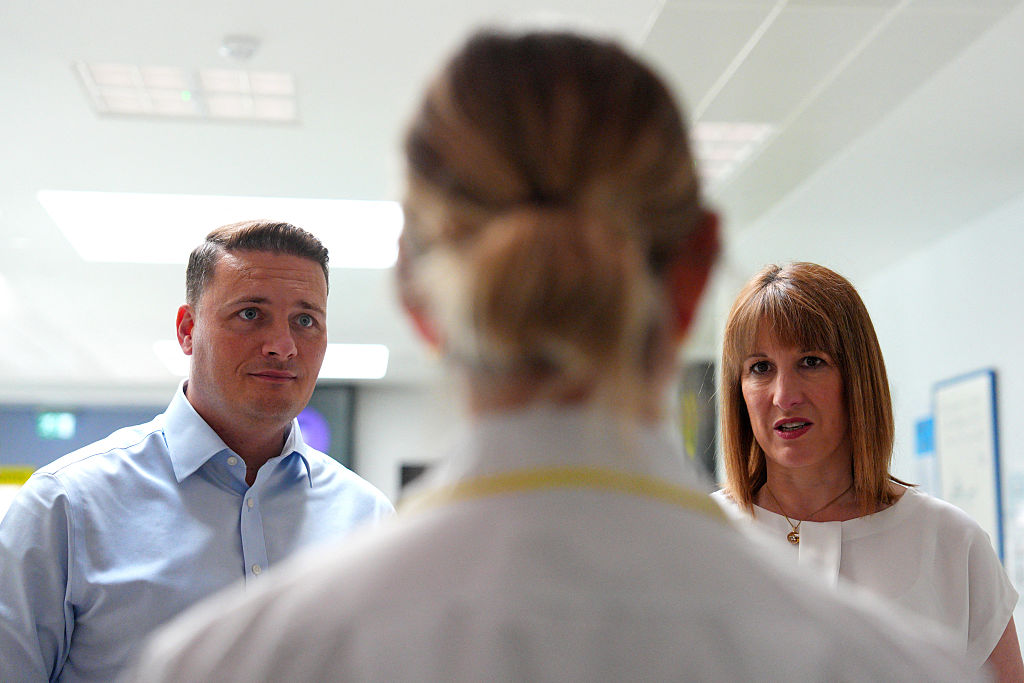This week’s budget will have a substantial impact on the NHS – just not in the way the Chancellor has talked about or may have hoped for.
Starting with pay, the Chancellor has announced that from April the minimum wage will rise to £12.71 per hour for people over the age of 21.
What the Chancellor seems to have forgotten is that in the NHS, many domestic support workers, housekeeping assistants, drivers, nursery assistants, security officers and some healthcare assistant and secretarial roles are currently paid lower than the proposed minimum wage increase. Unions estimated that at least 200,000 of these workers were impacted by the last increase of the minimum wage, and a similar number will likely be affected this time. In other words, the minimum wage increase is going to hit the health service hard.
This won’t just affect low-paid workers. An increase in the minimum wage drives pay expectations up across the board. Unions are likely to use the lower bands pay increase to argue for further increases at higher bands so there are clear distinctions throughout the system. As we are seeing with the ongoing dispute with unions over resident doctor pay, once pay negotiations are opened it’s not easy to close them quickly. Strikes then end up costing the health service even more. The Health Secretary estimated that the latest doctors’ strike alone could cost a quarter of a billion pounds. Policy Exchange’s report Completely Unreasonable estimated the strikes in July could cost £17.5 million a day.
The government has only approved funding for a 2.5 per cent increase in pay for the NHS next year. It would not take much in terms of increased wages to push the health service into the red. Even minor increases in pay awards at higher levels can have a disproportionate impact on overall budgets.
‘Pay pressures, coupled with other workforce costs and restrictions contained in the Employment Rights Bill, will cause more pain for our already groaning social care system.’
Then there’s the Chancellor’s decision to freeze income tax thresholds and put new restrictions on salary sacrifice schemes. This will give unions with yet another argument for demanding more pay. This is likely to come up in the current negotiations.
The health service will also end up footing the bill elsewhere. The NHS spends over £35 billion a year with over 80,000 suppliers. When the minimum wage increase drives up costs for these suppliers, they will seek to pass them on to the NHS.
Social care is likely to be particularly affected. The potential scale of the challenge facing the care sector should not be underestimated – care providers operate on very tight revenue margins and many are already close to the point of becoming financially unviable. Unlike the NHS, the care sector has not had a major injection of funds over the past couple of years and pressures are continuing to mount.
Pay pressures, coupled with other workforce costs and restrictions contained in the Employment Rights Bill, will cause more pain for our already groaning social care system. This will in turn result in more people being admitted to and not being able to be discharged from hospital because of a lack of care – resulting in yet more costs for the NHS and of course more waiting lists.
Concerns about the Employment Rights Bill are not limited to the care sector: the restrictions and inflexibility associated with the legislation would contribute to costs in the health service itself. In particular, the bill’s proposed Day One Rights – giving employees specific statutory protections immediately from their first day in the job instead of after probation – could lead to even higher sickness absence levels. The NHS already suffers from significantly higher sick absences than the private sector. And the bill’s restrictions on changes to shift patterns are likely to lead to over-staffing in order to ensure that health and care staff are available.
All of this is before getting into the longer-term cost impact of the budget. Take fuel duty, which is going to be unfrozen from August next year. This will significantly raise operating costs for emergency services, NHS community treatment and logistics.
This week, Rachel Reeves promised to look after the public finances and the NHS. Her Budget though could end up doing irreparable damage to both.
Gareth Lyon is Head of Health and Social Care at Policy Exchange






Comments